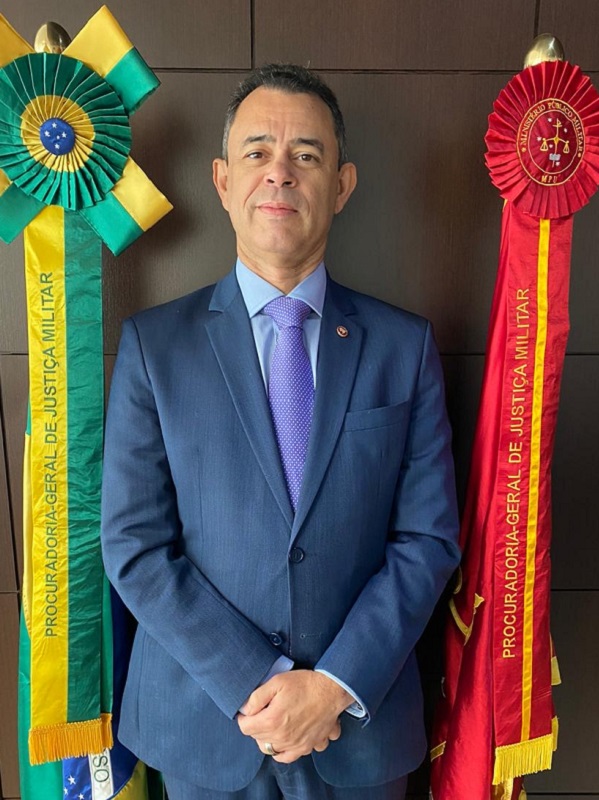BRASILIA, (Reuters) – There will be no “witch-hunt” to root out members of Brazil’s military who may have potentially been involved in the Jan. 8 Brasilia riots, the country’s top military prosecutor said in an interview, pledging to follow due process to mete out justice.
“Our view is that the acts of Jan. 8 greatly affected our democracy, but that the institutions are functioning harmoniously and responsibly, not triggering witch hunts, but implementing due legal process,” Antonio Pereira Duarte told Reuters in a Wednesday interview.
For months ahead of the Oct. 30 Brazilian presidential election, far-right former President Jair Bolsonaro sought to enlist military support for his baseless claims of electoral fraud.
After Bolsonaro’s narrow loss to Luiz Inacio Lula da Silva, his supporters camped outside army bases across the country, urging the armed forces to overturn the result.
On Jan. 8, the supporters raided federal buildings in the capital Brasilia, ransacking Congress, the presidential palace and the Supreme Court.
Reuters has previously reported that people in the Brasilia camp – from where many of the rioters came – enjoyed tacit support from soldiers.
There has been mounting public pressure for anyone in Brazil’s military accused of involvement in the riots to be tried in civil courts.
Lula’s leftist Workers Party wants them tried in civil courts, and the Federal Police have asked the Supreme Court for permission to investigate alleged military involvement in the riots.
However, Brazil’s army brass are unhappy about efforts for military wrongdoing to be tried by the Supreme Court, and want to keep litigation in military courts, according to sources familiar with the matter.
No active duty soldier and only two former soldiers have been arrested thus far.
Fifteen military investigations related to Jan. 8 have been opened, according to the military attorney general’s office. Eleven are in an initial phase, and one, conducted by Duarte, relates to alleged acts of omission by army generals.
In his Wednesday interview with Reuters, Duarte gave no deadlines for completing the investigations, and said he was prioritizing rigorous probes over quick-hit charges that could later be overturned.






